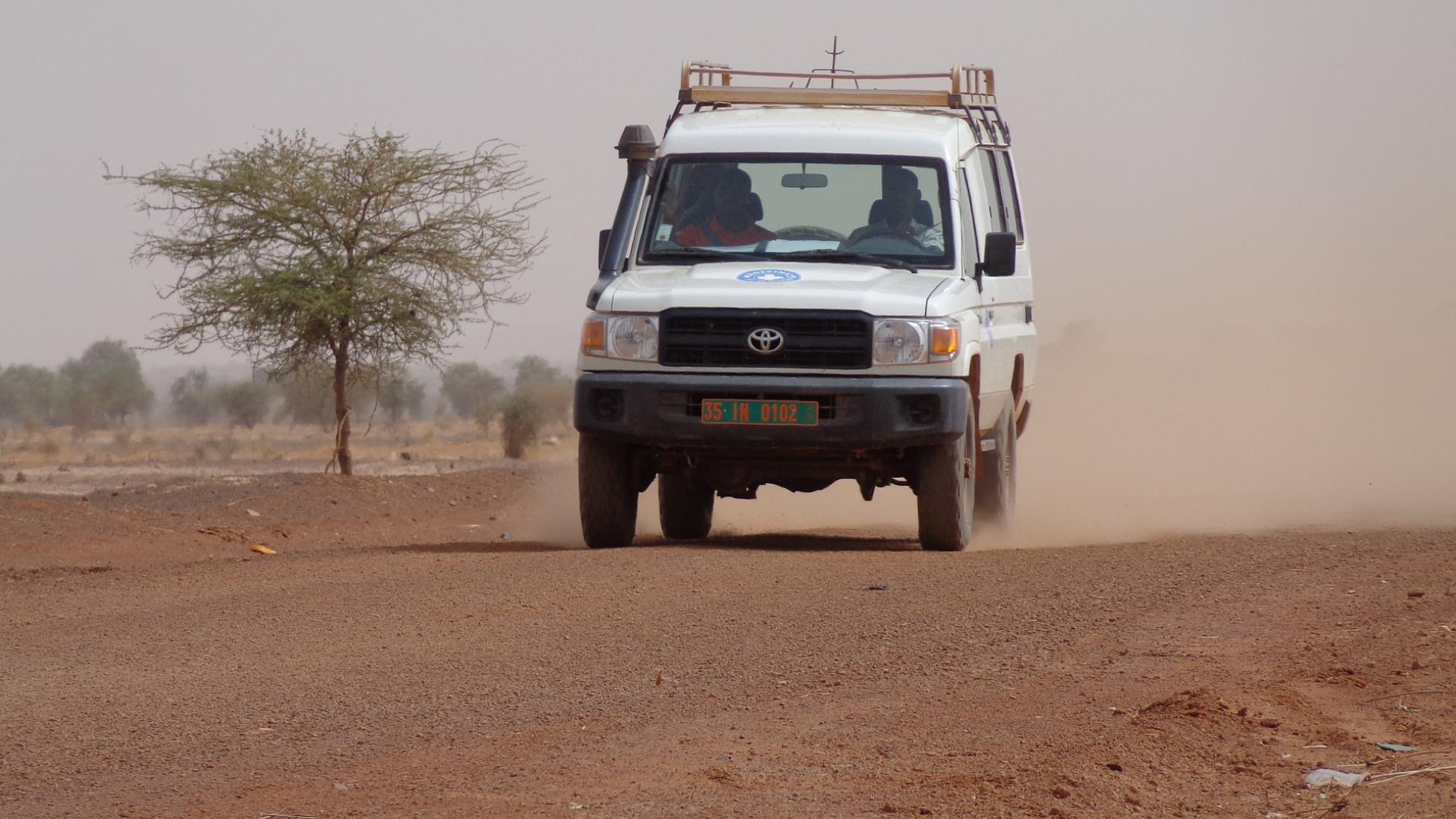Humanitarian aid versus international development
While humanitarian aid and international development are often talked about together, there are some important differences in the nature of the work and the working conditions, which are vital to understand if you are considering entering these fields.
International development
International development is primarily concerned with the long-term goal of poverty reduction. The areas of potential focus are vast—from food security, environment and health, to education, business and economic growth. Many types of organizations operate in this sector—from small, local non-profits to larger NGOs, bilateral and multilateral agencies—and offer a correspondingly diverse array of positions. Recently, some new and exciting opportunities have opened up, such as the growth of microfinance, and social entrepreneurship.
Implementing development projects can take a long time, which means that overseas positions can be longer term: two- to three-year postings are not uncommon. This can afford an unparalleled opportunity to be immersed in a community overseas, and really come to understand a region, its local population and culture, and develop meaningful work and personal relationships. However, this work can also have its challenges. Many people enter this sector wanting to make a difference, but it can be difficult to see immediate results from work that is driven by longer-term goals. Keeping the big picture in perspective, and deriving satisfaction from being part of the process of getting there, are key to succeeding and enjoying this work.
The nature of development work has changed significantly over the past two decades, with a shift from direct delivery of goods and services to "capacity building"—helping to build local expertise and systems that can help organizations, regions or countries move forward. International development work can be field-based or based at HQ, but either way it often means working one step removed from local populations, taking on tasks where local expertise may be lacking, such as project management or reporting to donors. This is not to say that international development work is not satisfying, or does not make a difference—despite the challenges, people working in this sector report some of the highest job satisfaction around. But it is important to have realistic expectations of what the work involves.
Humanitarian aid
By contrast, humanitarian aid is the urgent response and intervention during and after emergencies, such as conflict and natural disasters. These are intense working environments. Personnel are often needed at short notice, and are sent to high-risk situations, frequently with very basic living conditions. Work is stressful, and can be overwhelming. To be effective, workers must have specific skills that are in demand (think medical, logistics or engineering) combined with a proven ability to work effectively in challenging and risky environments. Previous experience working overseas in difficult conditions is a must.
While humanitarian workers typically report a high level of job satisfaction, and can benefit from seeing the immediate results of their work, humanitarian fieldwork is rarely a long-term career. Short contracts, frequent relocation and risky environments are not conducive to family life. Continued work in high-risk environments can also take a toll on mental health; for example, post-traumatic stress disorder (PTSD) is an increasingly recognized problem among returned humanitarian workers. Transitioning away from fieldwork, some humanitarian workers choose positions in management or communications at organization headquarters, and may visit the field operations only sporadically.
Post-disaster reconstruction occupies the middle ground between international development and humanitarian work. The ongoing efforts in Haiti are a good example of this, where rebuilding housing and infrastructure still continues years after the 2010 earthquake. This sort of work can combine the best parts of humanitarian response and international development work, and also sometimes offer shorter-term positions to individuals with less experience.
I tell people: this is not for everyone. And that’s a good thing. You never know how someone is going to react until they’re put in a certain situation. After a week or two people might be just great, or after the second month they can just lose it. I’ve had situations where people are on the plane going to the project country, saying "I can’t do this anymore, I don’t want to do this." And I’ve had people who have been out in the field for one-and-a-half or two years, and they are so burnt out that they’re a danger to themselves and others.
—HR Field Officer with MSF

